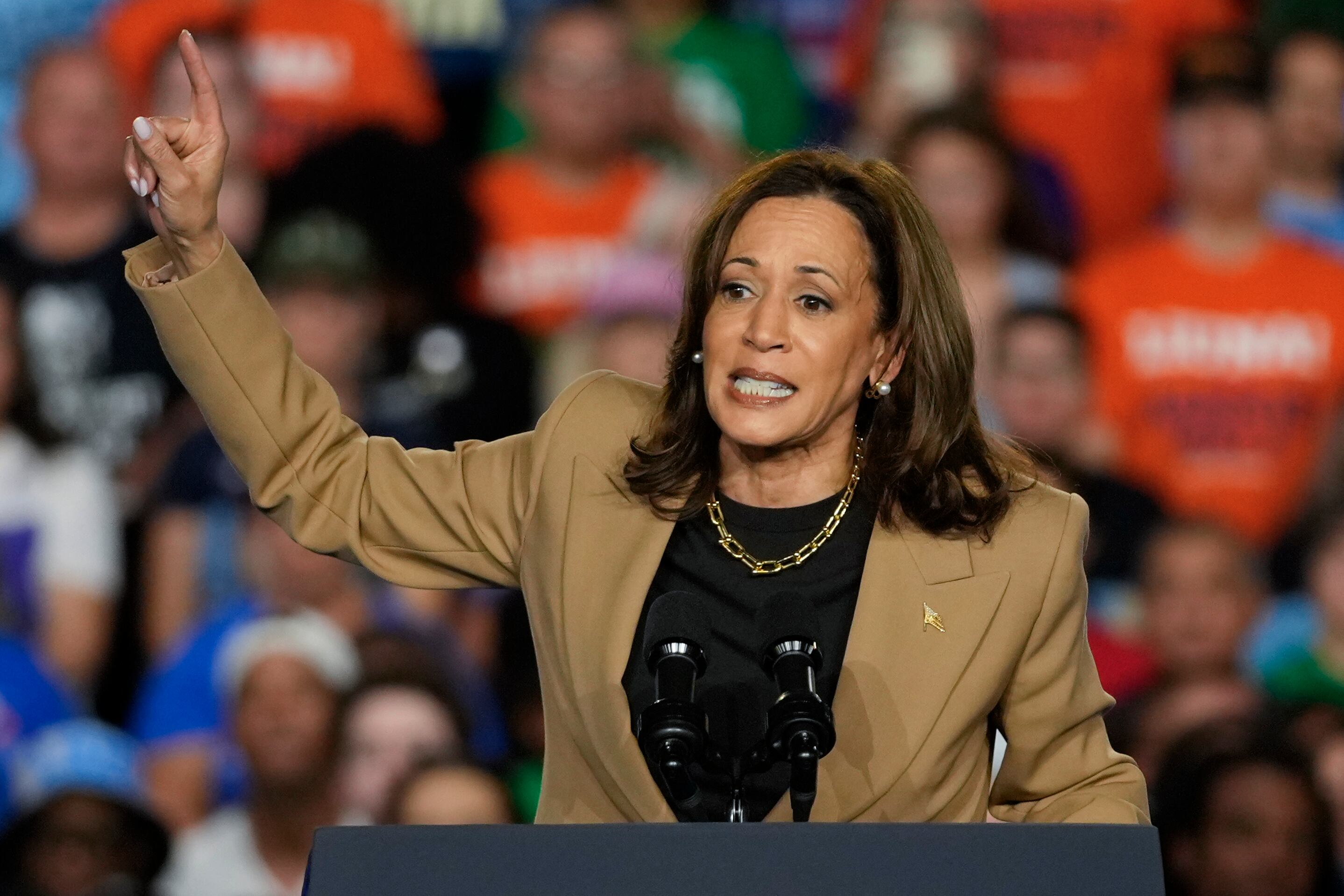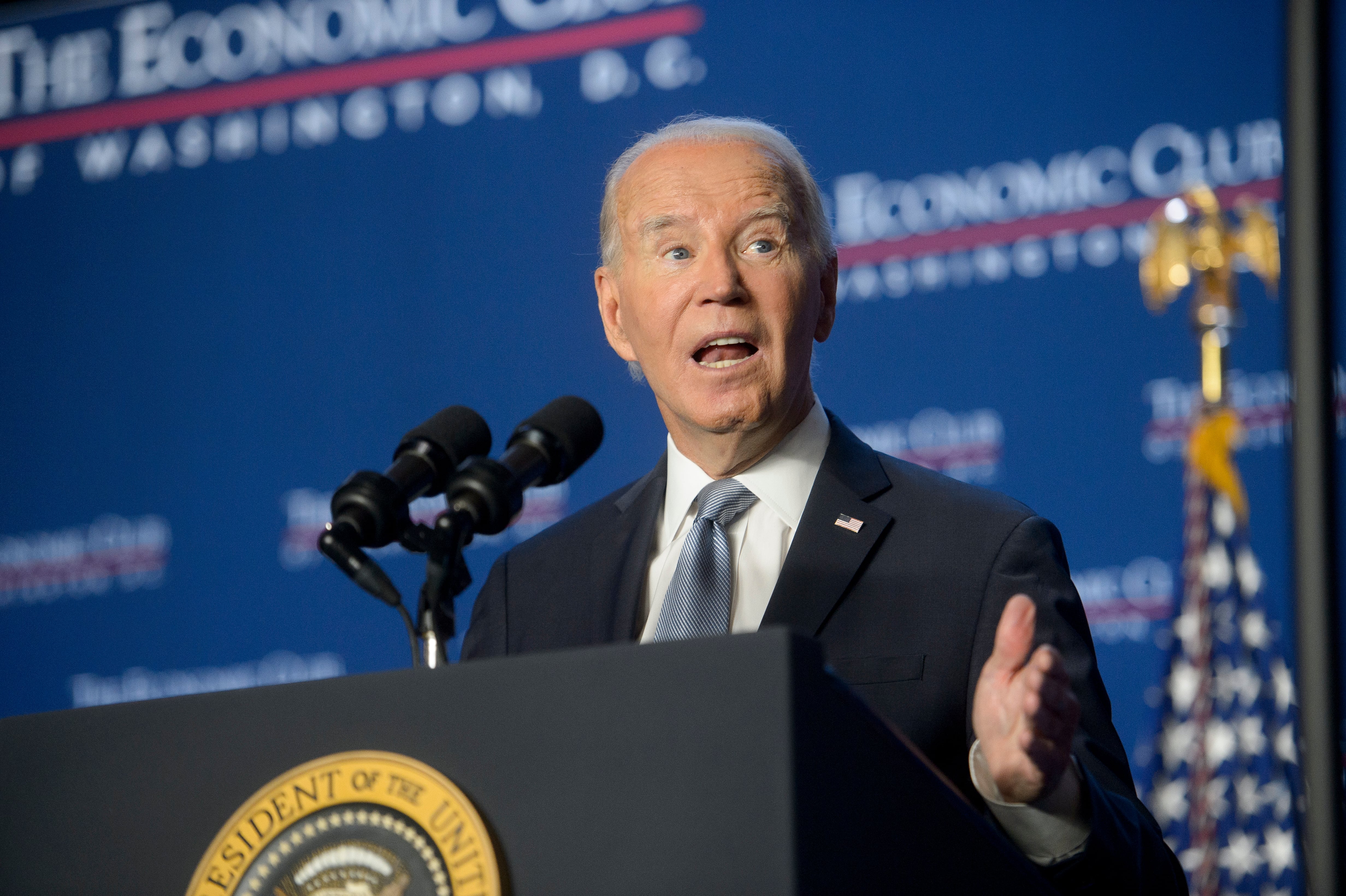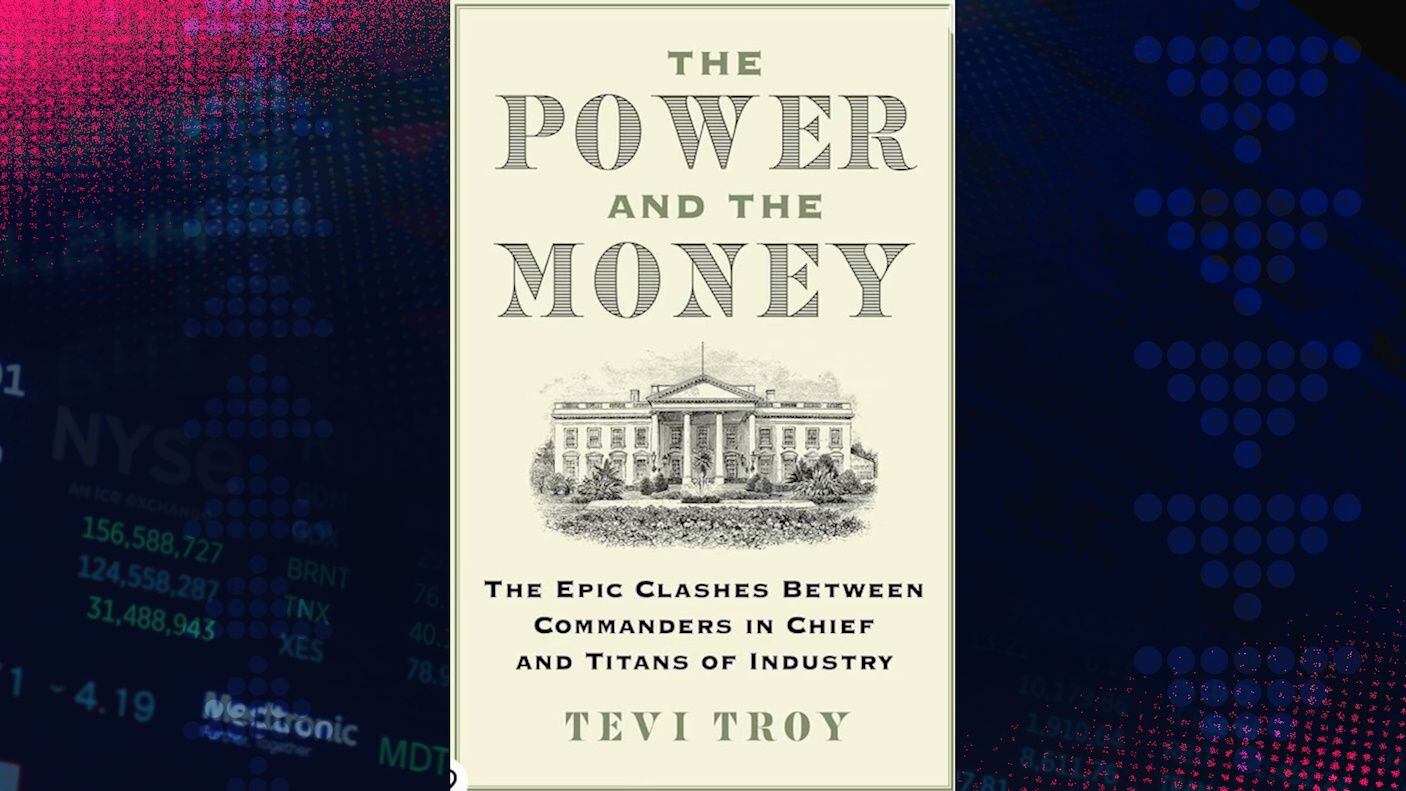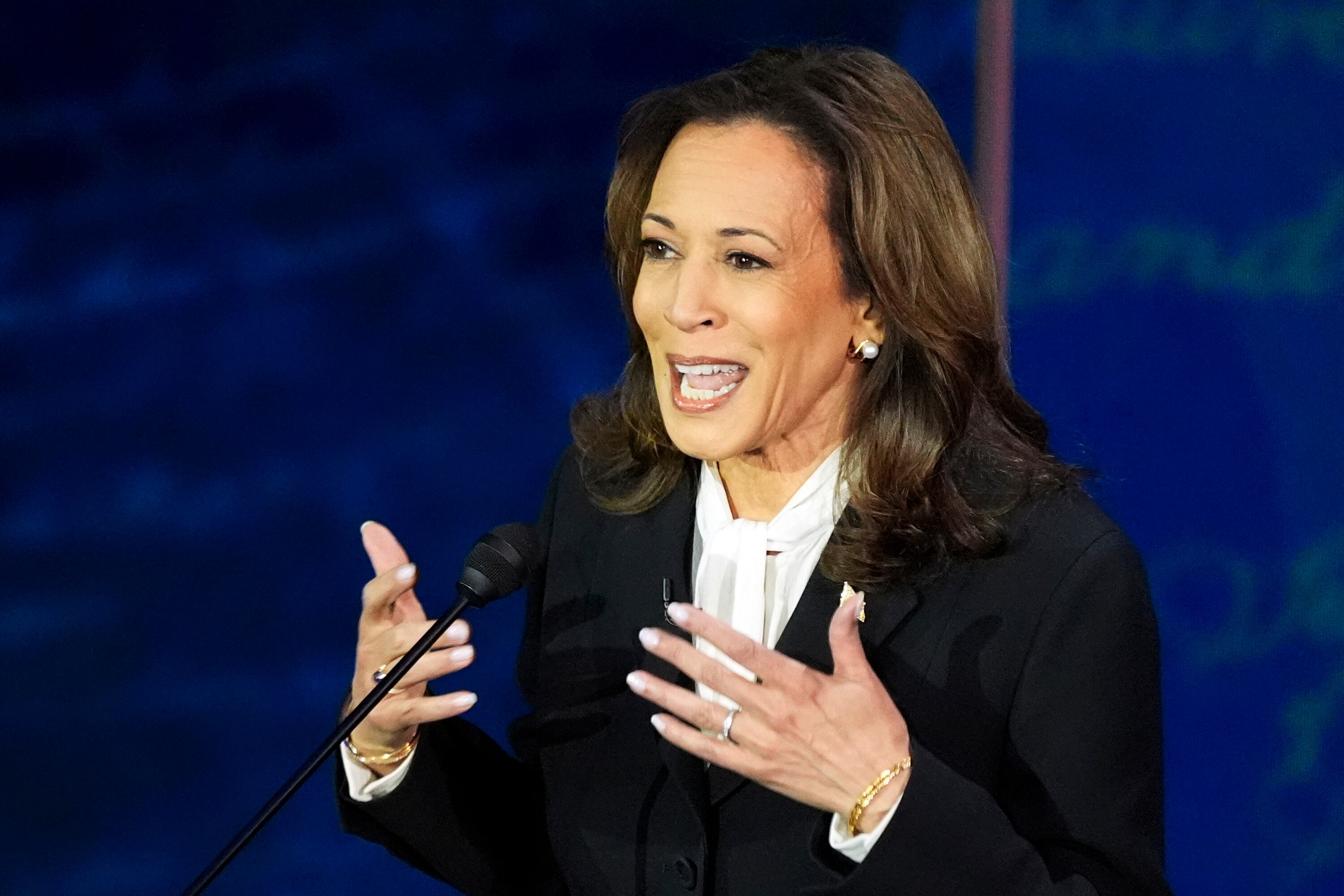A Senate bill to hold major tech companies responsible for content published on their platforms is finding no love.
The legislation introduced by Sen. Josh Hawley (R-Mo.), which is aimed at punishing tech companies for their supposed censorship of conservative voices, is being criticized by free speech advocates for potentially increasing censorship and by politicians from both sides of the aisle who view the bill as a gross example of government overreach.
Titled the Ending Support for Internet Censorship Act, the bill aims to remove the immunity social media platforms enjoy under Section 230 of the Communications Decency Act, which allows them not to be held liable for what their users post. The companies can regain legal protection only if they submit audits that prove their algorithms and content policies are politically neutral.
“There’s a growing list of evidence that shows big tech companies making editorial decisions to censor viewpoints they disagree with. Even worse, the entire process is shrouded in secrecy because these companies refuse to make their protocols public,” Hawley said in a statement.
The explicitly partisan bill, however, has been condemned by numerous lawmakers who argue that such regulation would hurt businesses and constitute government interference in public discourse — all over a controversial issue that tech companies have long denied actually exists.
Sen. Ron Wyden (D-Ore.) called the bill “extremely disturbing” and would “turn the federal government into Speech Police, flagrantly violating the First Amendment.”
“This bill would force every platform to become 4chan or 8chan rather than maintain some basic level of decency,” Wyden added on Twitter.
Hawley’s bill, which only covers platforms with 30 million active monthly users in the U.S. or have over $500 million in yearly revenue, specifically targets tech giants like Facebook ($FB), Twitter ($TWTR), and Google ($GOOGL).
“Let me be clear about some important and foundational facts: Twitter does not use political viewpoints, perspectives, or party affiliation to make any decisions, whether related to automatically ranking content on our service or how we develop or enforce our rules,” Carlos Monje, Twitter’s director of public policy, told the Senate Judiciary Committee in April, added that Twitter continues to be one of the most popular platforms for conservatives — there were 32.6 million Tweets about Make America Great Again or MAGA in 2018.
A Facebook executive at the same hearing stated “unequivocally that Facebook does not favor one political viewpoint over another nor does Facebook suppress conservative speech,” but it does “identify and remove violent, hateful, or dangerous content.”
“Sen. Hawley’s bill creates an internet where content from the KKK would display alongside our family photos and cat videos,” Carl Szabo, NetChoice’s general counsel, said in a statement.
The Ending Support for Internet Censorship Act has also drawn swift condemnation from internet freedom and free speech organization, who argue such a law would actually increase censorship — despite the bill’s name.
“Online platforms should be spaces where individuals can freely and safely share their views,” Spandana Singh, a policy program associate at New America’s Open Technology Institute, said in a statement. “Removing the liability protections provided by Section 230 under arbitrary standards such as these only serves to undermine free expression online.”
The Electronic Frontier Foundation, a nonprofit that defends civil liberties online, said the bill would “make the Internet less safe for free expression, not more” and violates the First Amendment.
The technology think tank TechFreedom raised concerns over the bill’s inherently partisan nature, which would transform the Federal Trade Commission — the government’s online watchdog — into “the most politicized regulatory body in Washington.”
“Sadly, that seems to be the point,” TechFreedom said.













